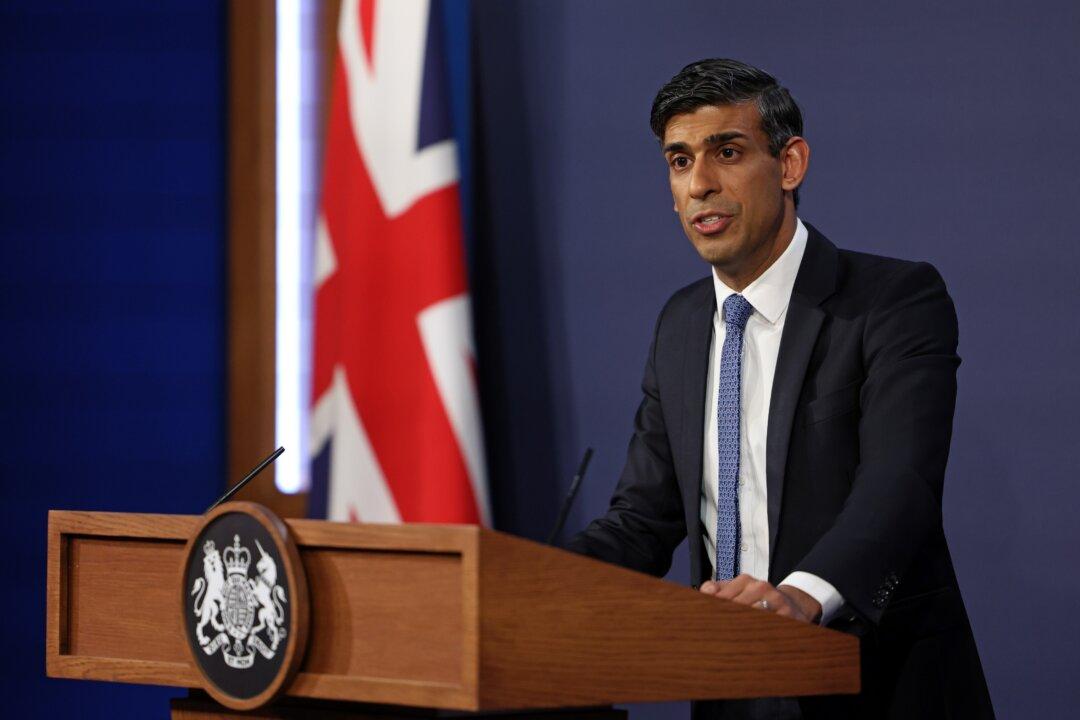Rishi Sunak has challenged union leaders to call off strike action after offering public sector workers pay rises of up to 7 percent.
The prime minister said on Thursday that he has accepted the recommendations from independent pay review bodies, including 6.5 percent increases for teachers in England for 2023-24, which the education unions said would allow them to end their dispute with ministers.





